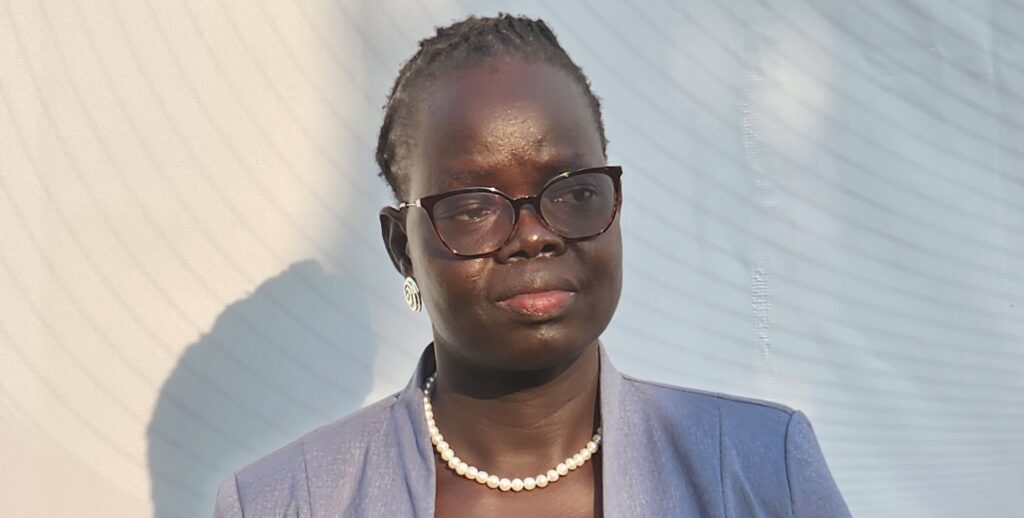The Ministry of Youth and Sports in South Sudan has attributed the prolonged delay in enacting the Youth Enterprise Fund Policy to frequent changes in leadership and the restructuring of government ministries.
President Salva Kiir has frequently exercised his constitutional powers to appoint and dismiss officials, including undersecretaries, ministers, and other constitutional post holders, often within just a few months of their appointment.
Speaking at a panel discussion organized by the African Development Bank (AfDB) ahead of its 60th-anniversary celebrations, Debora Akec, Undersecretary at the Ministry of Youth and Sports, acknowledged that the policy has been long overdue.
She explained that the delays stem from repeated leadership changes and the separation of the Ministry of Culture, Heritage, and Museum from the Ministry of Youth and Sports.
“The Youth Enterprise Fund Policy has been under discussion for a very long time. However, leadership changes—such as the removal of ministers or undersecretaries—have forced new officials to start the process from scratch each time,” Akec said.
She added that the division of ministries further complicated the process. “When the ministry was split, aspects of the policy related to culture had to be removed, as culture now falls under a separate ministry. The Ministry of Justice instructed us to revise the bill accordingly,” she explained.
Akec assured young people that progress is being made. “Before coming here, I was drafting a letter to submit the revised bill to the Ministry of Justice for review. Once approved, it will go to the Council of Ministers and finally to the assembly,” she said.
The South Sudan Youth Enterprise Fund Policy aims to provide young entrepreneurs with access to capital, financial facilities, and business development support. It focuses on funding, training, mentorship, and market linkages to foster job creation and economic empowerment among the country’s youth.
The policy seeks to address the significant challenges young South Sudanese face in accessing finance and developing business skills.
The delays in enacting the policy have raised concerns among stakeholders, who argue that the fund is critical to tackling youth unemployment and fostering economic growth in the country.
The African Development Bank’s panel discussion highlighted the importance of such initiatives in driving youth-led development across the continent, as South Sudan continues to grapple with high unemployment rates among its young population.




